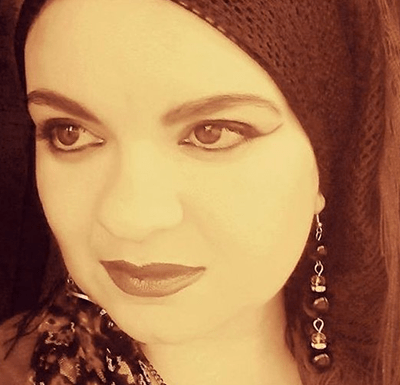As international organizations warned about outbreaks of serious diseases in Gaza, caused by Israel’s genocidal bombing, the EU got on board and pronounced itself “gravely concerned” over Israel’s targeting of Gaza’s infrastructure. Of course, the EU is far from gravely concerned, but diplomacy dictates that something is said, if only for the sake of keeping up appearances and the pretense of support for human rights.
“We recall that targeting critical life-saving infrastructure constitutes a war crime and urge all parties to take all feasible precautions to avoid harm to civilians, humanitarian workers, and critical civilian infrastructure,” the EU’s High Representative for Foreign Affairs declared in a press release.
In July, it was reported that over 150,000 Palestinians in Gaza had contracted skin diseases as a result of Israel’s bombing of Gaza’s infrastructure. The widespread pollution has even reached the sea, which has been described by Palestinians as “all sewage”. The World Health Organization has recorded 96,417 cases of scabies and lice; 9,274 people infected with chicken pox; 60,130 people suffering from skin rashes; and 10,038 cases of impetigo.
UNRWA Commissioner-General Philippe Lazzarini warned of Hepatitis A spreading among Palestinians in Gaza, from 85 before Israel’s genocide to almost 40,000 cases. The WHO also warned that polio was detected in sewage in Deir Al-Balah and Khan Younis, and advocated for a ceasefire to risk the spread of the virus in Gaza and across borders. One million polio vaccines are to be sent to Gaza, but Israel is still preventing humanitarian aid from reaching the enclave safely.
Against this backdrop, as the consequences of Israel’s genocide spirals out of control, the EU is not averse to using the term “war crime” to describe Israel’s destruction of Gaza’s infrastructure. And the reason is simply because the EU and international organizations cannot rely on the humanitarian paradigm to substitute for politics any longer.
In the past, the EU, like other international organizations, merely deplored Israel’s targeting of Palestinian infrastructure, at times complaining and making a big deal about Israel destroying internationally funded projects. However, the international community refused to link the destruction to the settler-colonial project. Every human rights and international law violation that Israel committed against the Palestinians was treated in isolation, as if Israel was acting without a long-term destructive plan.
This was despite ample proof of colonialism and colonial violence taking place regularly over many decades.
Now, although the EU does not want to stop Israel from committing genocide, it is witnessing a swift collapse in Gaza which it cannot ignore any longer. Even so, the reason why the EU is now bleating about war crimes is not to stop Israel from committing them, but a pathetic attempt to preserve its own façade of concern about human rights and international law.
The previous international complicity that allowed Israel to arrive at genocide must not be forgotten. Palestinians were forced to step back from politics and Palestine became Israel’s settler-colonial project and the international community’s humanitarian paradigm. Between these two colluding interests, Palestinians in Gaza are facing annihilation as Israel has even expanded the parameters of war crimes with the same tactic it used earlier, bringing the international community on board and turning a blind eye to all of the numerous Israeli violations of international law. This is the reality; so much so, in fact, that even a press statement that clearly spells out that a war crime has been committed still calls for a ceasefire in the interests of the Israeli hostages on a par with civilians in Gaza, instead of clearly articulating the need for a ceasefire to stop the genocide of the people of occupied Palestine.
-Ramona Wadi is an independent researcher, freelance journalist, book reviewer and blogger. Her writing covers a range of themes in relation to Palestine, Chile and Latin America. Her article appeared in MEMO.











